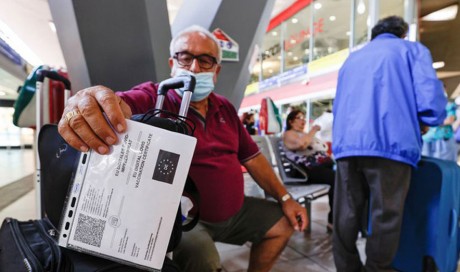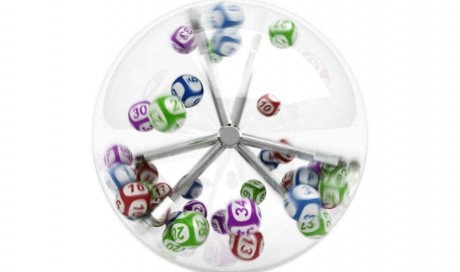The mass document dump looks likely to become an inevitable part of modern elections.
After the hacking of the Democratic party in the 2016 US election and the dumping of embarrassing emails through WikiLeaks, French and German governments have been braced for similar attacks during their own elections.
And the onslaught has duly arrived. On Friday night, tens of thousands of internal emails and other documents from the campaign of the French presidential frontrunner, Emmanuel Macron, were released online.
Gerard Araud, the French ambassador to Washington who witnessed the assault on the Hillary Clinton campaign during the 2016 US presidential election, responded to the Macron attack with weary resignation.
“It was to be expected,” Araud said in a tweet that was deleted later on Friday night. “A last-ditch offensive to the benefit of preferred candidate of a foreign government.”
Le Pen, Putin, Trump: a disturbing axis, or just a mutual admiration society?
Read more
The candidate he was referring to was Marine Le Pen – and the foreign government was Moscow. Russian intelligence was found by US intelligence agencies to have been behind the hacking of the US Democratic National Commitee to swing November’s presidential election in Donald Trump’s favour.
There is no proof yet that the attack on Macron is Moscow’s handiwork, but method and motive are clearly similar.
The source of the material goes by a different name, EMLEAKS, and the chosen conduit for publishing it online is not WikiLeaks but Pastebin – a document-sharing site that allows anonymous posting.
WikiLeaks however retweeted it and suggested that it was too late to influence the vote and so could therefore be designed “to boost hostility to Russia and intelligence spending”.
Until demonstrated otherwise, however, Russia is likely to remain a leading suspect. US cyber security experts had warned France it would be next and the French foreign minister, Jean-Marc Ayrault explicitly warned Moscow to stay away from the French vote.
Macron’s team had complained that the campaign and been targeted since January and had blamed Moscow.
Analysis Putin welcomes Le Pen to Moscow with a nudge and a wink
Much like with the Trump allegations, the Kremlin denies any meddling in the French election while simultaneously revelling in the suggestion
Read more
Russia has made clear its preference for Le Pen, who would weaken Nato and EU unity as president, a key Russian objective. Government-backed press in Moscow have been denigrating Macron in the past couple of days.
The key difference in the Macron attack is that it has come at the eleventh hour – but that is likely to be a result of the French presidential election system. It was only known who would be the pro-EU centrist standard-bearer after the first round on 23 April.
The French document dump has exploited another facet of the French system. It was released just before the curfew on government statements at midnight on Friday, ahead of Sunday’s second round. That meant that the security services and the interior ministry could not comment on the origin and nature of the hack, leaving the material to circulate on social media as the French go to the polls.
Far right-wing sites in France and beyond had this week been trying to promote a fake story alleging Macron had a secret offshore bank account. It was decisively debunked and the Macron campaign had shrugged it off.
This is a far more concerted and large-scale attack, but it may have come too late and be too predictable to alter the outcome. Macron’s lead over Le Pen is more than 20 percentage points, five times bigger than Clinton’s apparent lead going into the polls and French pollsters proved themselves more accurate than their US counterpart in the first round.
However, the original aim of the Russian interference campaign in the US election – when it was thought Clinton could not lose – is thought to have been to weaken her presidency.
Even if Friday’s document dump does not unseat Macron, by unleashing a thousand conspiracy theories, whoever is behind the French attack may do the same to him.
Share This Post















